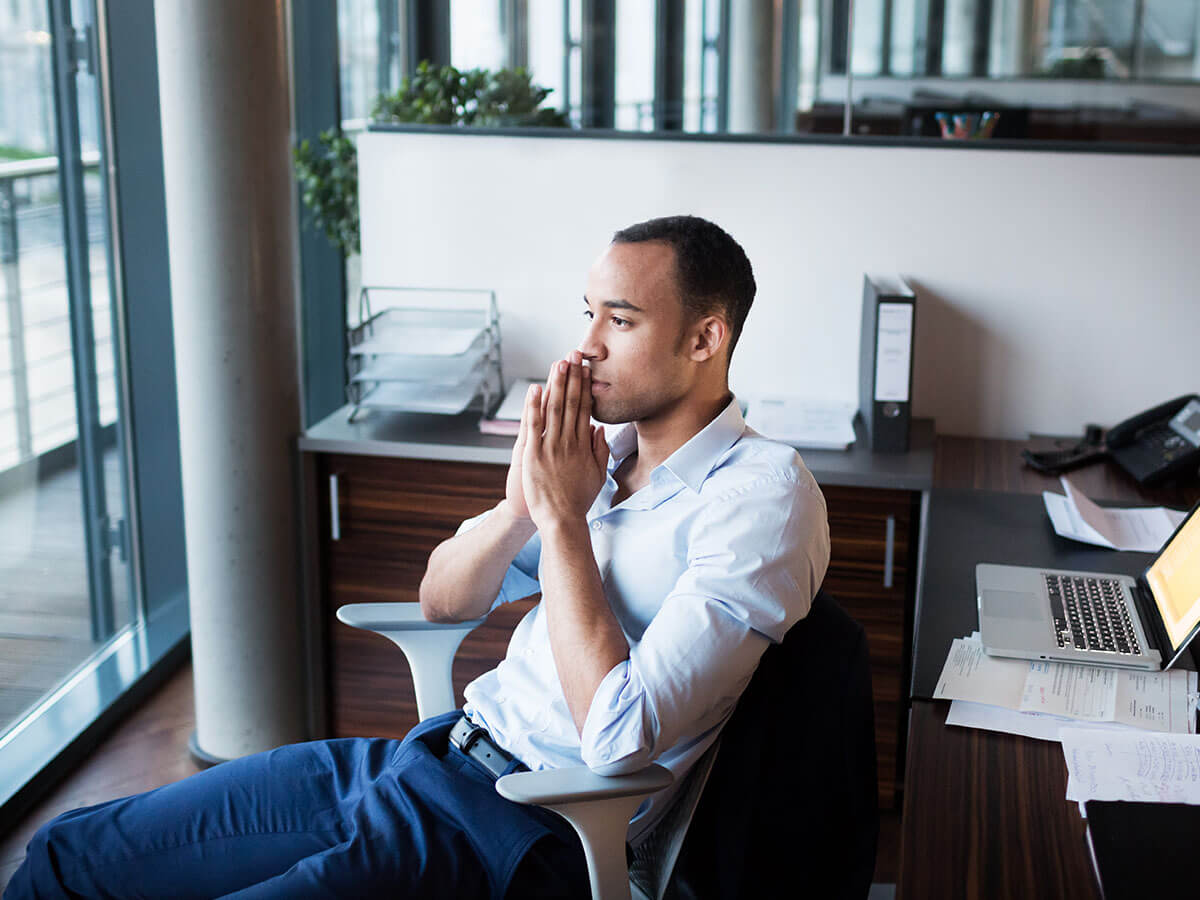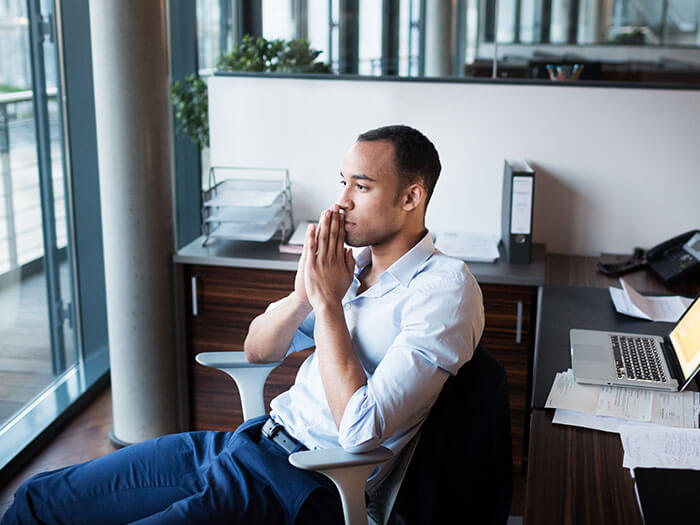
‘When someone needs a break, give them that time immediately’
 Making mental health a priority in the workplace starts with prevention, to help ensure CPAs are well and stay well (Getty Images/TommL)
Making mental health a priority in the workplace starts with prevention, to help ensure CPAs are well and stay well (Getty Images/TommL)
Mental health and well-being are top priorities for employers and employees, and annual awareness days like Bell Let’s Talk Day help to put the topic in the spotlight every January.
Many organizations are looking for ways to offer more support, and with four out of 10 financial workers saying they’re burnt out, these changes can’t come soon enough.
DESTIGMATIZE MENTAL HEALTH DAYS
A growing number of firms have begun to offer personal days that employees can use for self-care.
“The important thing is, they are open to use them however they want,” says Maryann Joseph, human resources manager at Fuller Landau LLP.
- Video: Why developing a meaningful mental health culture is important
- Pivot Magazine: The corporate world is waking up to employee burnout
It’s one thing to offer the days, but it’s essential to reinforce that there’s no judgment for using them. Starting from above, managers need to understand how to approach mental health when somebody on their team needs a break, says FCPA Stephen Shea, managing partner, EY Canada.
“We have a culture of no questions asked. When someone needs a break, give them that time immediately. We have found that when you support people, they come back and flourish. But first, they have to know that it’s okay to come and go.”
DISCONNECT WITH PURPOSE
Taking a break and tuning out from workplace pressures can be more challenging for smaller firms or self-employed professionals, acknowledges FCPA Debbie Gorsline, partner at Anderson Gorsline Charted Professional Accountants in Calgary. “People expect you to be accessible any time, it makes it more difficult to close down.”
For Gorsline, it’s a matter of finding that flexibility on your own. “I came to realize I don’t have to be there 12 hours a day, it’s okay to say I’m done. As accountants, if we can’t take care of ourselves, we can’t help our clients.
- Feature: Feeling burned out because of the pandemic? You’re not alone
- Webinar: Coping with stress during COVID-19
To help employees get the most out of their time off, Deloitte has introduced guidance on how to disconnect. “It’s not a formal policy,” says Peter Graham, partner, culture and people at Deloitte. “It’s more of a playbook to show, if they are going to be off, they need to really be off and not checking in with work all the time. Otherwise, you’re not taking the break you need.”
Joseph agrees and reminds employees that the point of taking a personal day is to unplug from the network. “Don’t answer emails. The second you respond, you start working when you’re supposed to be taking time off. We even say to managers: No emails, no calls—that’s very, very important.”
MAKE PREVENTION A PRIORITY
Offering personal days that can be used for mental health is important, but it’s also important to look for resources and seek changes that prevent burnout. To this end, a handful of European countries and now provinces such as Ontario have begun implementing laws that give people the right to disconnect—meaning they aren’t required to respond to emails outside of agreed upon work hours—with the aim of improving work-life balance.
- Feature: Pandemic-induced burnout: 12 ways to nip it in the bud
- Webinar: Wellness in a time of crisis
Gorsline makes a point of not having her work email accessible on her personal phone, to make sure she doesn’t look at her emails until Monday.
“The biggest thing you have to learn is that it’s okay to put yourself first,” she says.